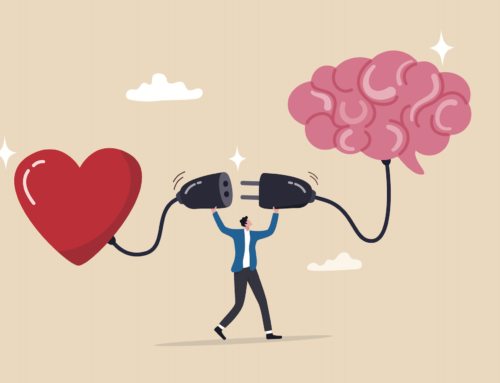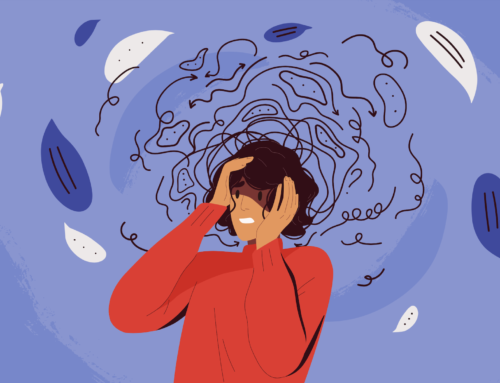“Kindness is the language which the deaf can hear and the blind can see”…Mark Twain
After studying thousands of couples in dozens of studies over the past fifty years, Dr. John Gottman has been able to identify contempt as the biggest predictor of relationship breakdown. Putting your partner down, name calling, mocking, or using hostile sarcastic humor with any regularity in your arguments signal the death knell for a relationship.
While it’s vital to weed out contempt if it is part of your arguments, it’s equally important to know what to do instead. Thankfully we know from the research that if couples treat each other with a bit more kindness and appreciation in everyday moments, that makes a big difference not only in their arguments (more productive, less toxic) but generally in their happiness and longevity together.
Kindness is a Shield
Being kind to each other as you move through your lives together acts as a shield against toxic negativity when you argue, because there’s a feeling of arguing with a friend who appreciates you, rather than an enemy who’s out to get you.
“Kindness doesn’t mean that we don’t express our anger, but the kindness informs how we choose to express the anger. You can throw spears at your partner. Or you can explain why you’re hurt and angry, and that’s the kinder path.” Dr. Julie Gottman
Kindness is Intentional
Kindness is not about grand gestures or faking nice. It’s bringing an intentional spirit of consideration, kindness and generosity to the small, everyday interactions between you. This builds a sense of goodwill and helps with giving each other the benefit of the doubt and being more forgiving of each other’s mistakes. If you are bringing this spirit to a conversation where your partner is complaining about work, for example, you might say “Sounds like a hard day – anything I can do?”, instead of what you might routinely say – “You’re always complaining about work”. The shift is really a small turn towards empathy, support and kindness.
Kindness is Taking Responsibility
It’s not always easy to be kind to your partner. Stress, fatigue, past hurts and unresolved issues can get in the way. We all say things we regret and snap at our partner at times. It’s an act of kindness to take responsibility and apologize when we can. This can be especially challenging in a relationship where negative patterns, like contempt and defensiveness have taken root, but it’s important to note that qualities like kindness, consideration, expressing appreciation, and affection can be learned and developed. Dr. Gottman believes (and has seen in his research) that by making kindness a priority, and treating each other with a spirit of friendliness, couples can learn to create a culture of respect, gratitude and appreciation in their relationship. And who doesn’t want that?






Leave A Comment
You must be logged in to post a comment.